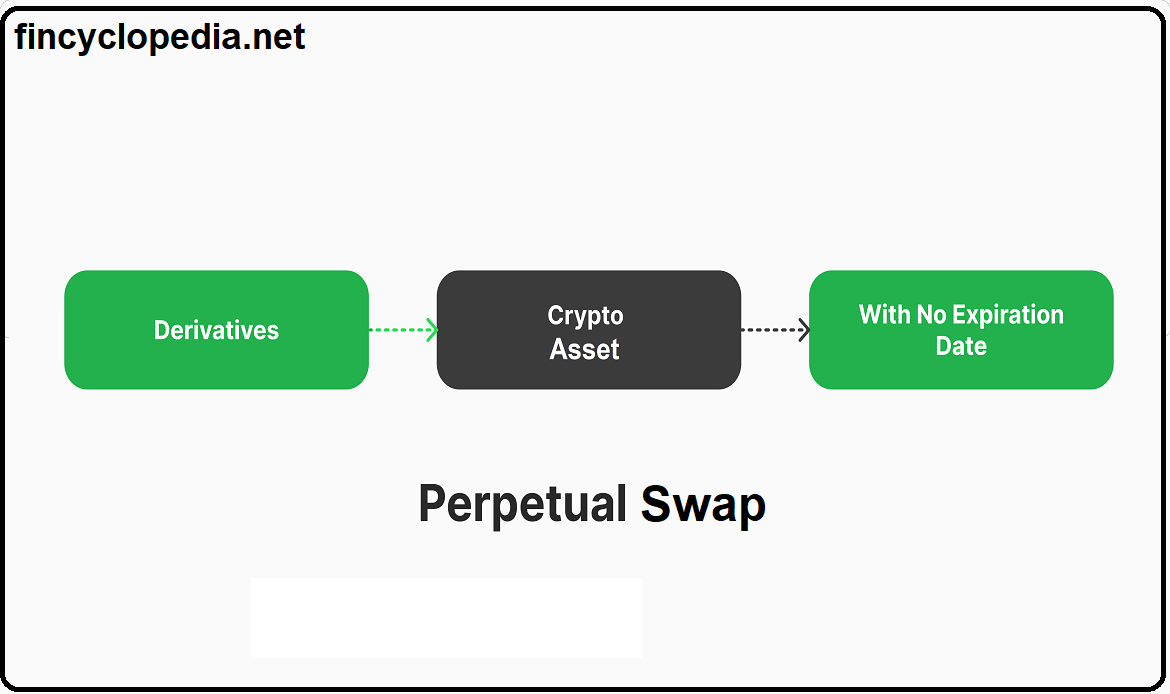In interest rate swaps and also currency swaps, it is the predetermined money amount on which the interest payments to be exchanged are based. In interest rate swaps, this amount is generally used only to determine the size of cash flows to be “swapped” by the two counterparties. The floating rate is usually linked to a reference rate (e.g., LIBOR), while the fixed rate is agreed at initiation.
The principals are not exchanged in interest rate swaps, since each counterparty owes the other an equal amount, quoted in the same currency. Based on those two rates, each counterparty to an interest rate swap owes and is owed interest payments, and therefore only the netted interest is paid. However, in currency swaps, the counterparties exchange, in addition to interest payments based on two different currencies, the two principals, each being denominated in its respective currency.





